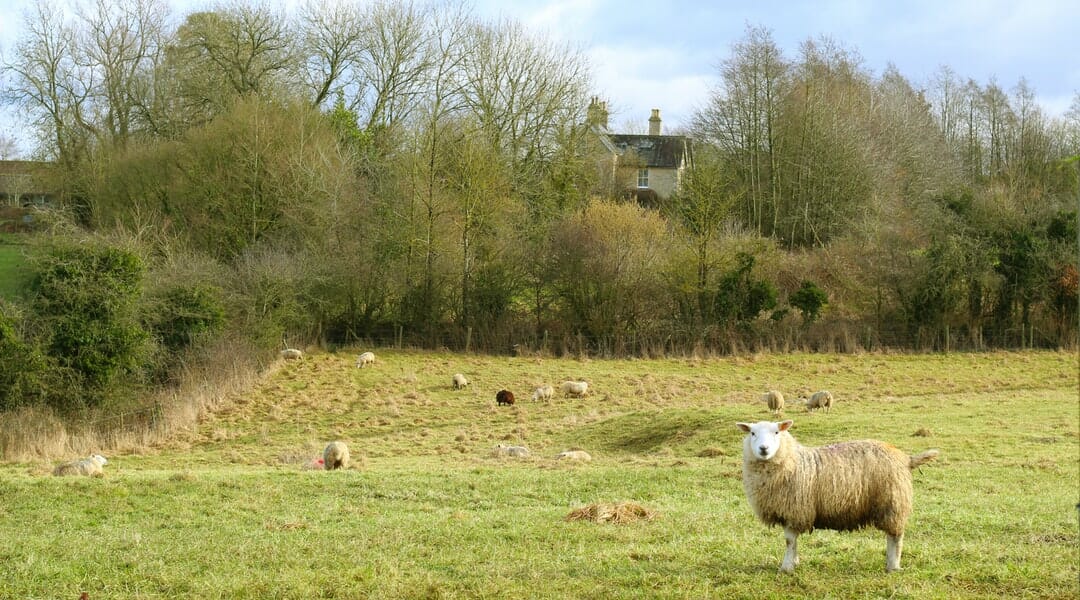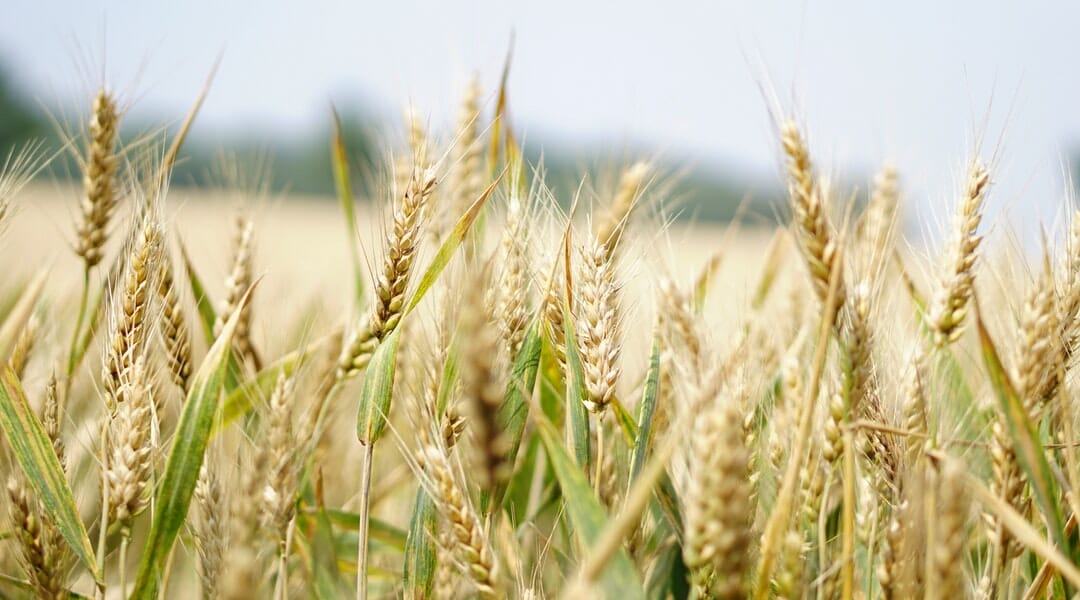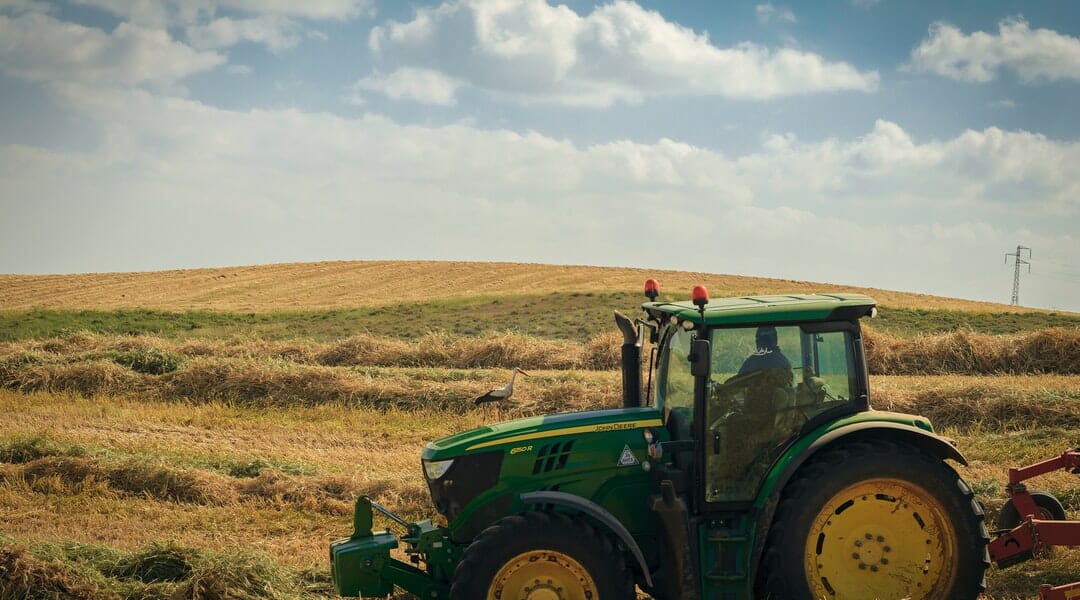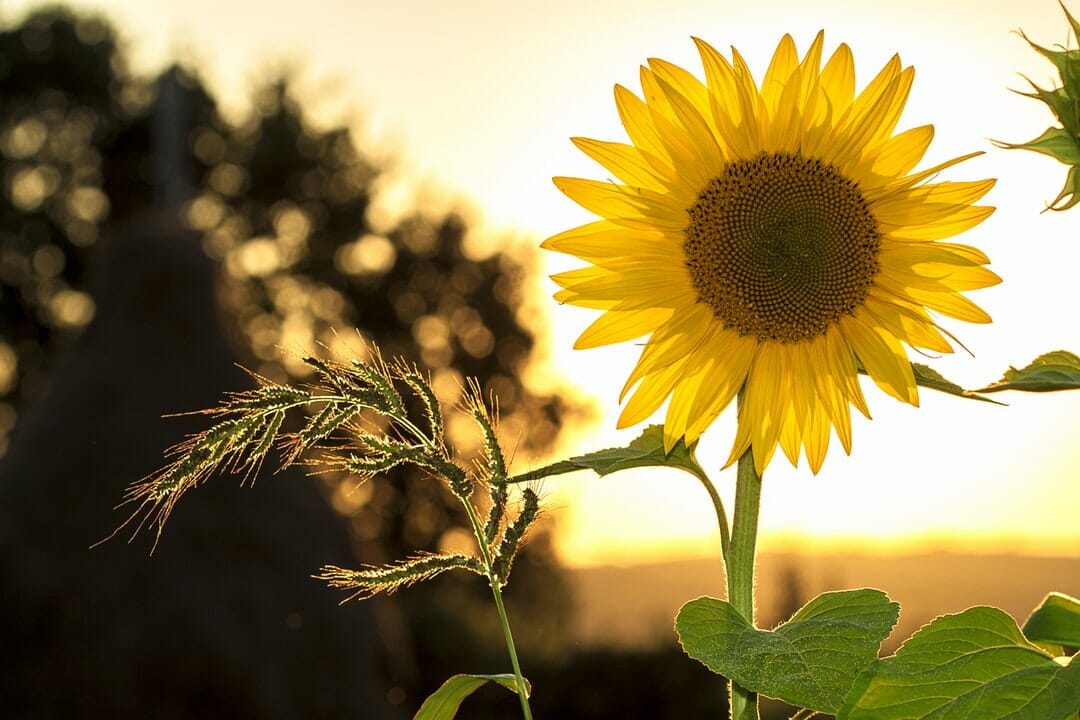Are you considering purchasing your own piece of rural farmland in the UK? It’s an appealing prospect for both existing farmers looking to expand, new investors, or those who just want to relocate to the countryside. Agricultural farmland covers an impressive 39.8m acres, about 71% of the total land in the UK. The year-on-year yields of farming are known for being relatively low. However, the combination of long-term appreciation and attractive tax breaks continues to make farmland an attractive investment opportunity, and we can see why.
Farmland in the UK is increasingly being considered one of the most secure forms of investment, comparable in some ways to gold and diamonds as a solid hedge against inflation. Since the global pandemic, the demand for agricultural land has climbed significantly. In addition, the growing interest from buyers and a sharp increase in demand for food have resulted in an increase in demand for farmland over the last few years.
In the first quarter of 2022, farmland across England and Wales saw the most significant year-on-year increase since 2016. That’s an increase of 5.2% according to the Q1 2022 Carter Jonas market update, and the current market isn’t showing any signs of slowing down. As farmland has secured its status as a mainstream asset class, now could be the perfect time to invest. In this article, we will consider the advantages and disadvantages of buying farmland in the UK and whether it really is a good investment in 2022.
Table of Contents
Toggle
Why invest in farmland?
Arguably, you could say there has never been a better time to invest in farmland, inflation is at a 40-year high, and whilst many investors may look to grow their wealth through the stock market, buying into farmland is becoming an increasingly popular option that was previously overlooked as a long term investment opportunity. Farmland is a commodity that, like the rest of the property market, is slowly increasing over time. Additionally, unlike residential property, farmland is 100% free from inheritance tax if it is in your plans to pass your investment on to the next generation. When buying farmland, it is also possible to get capital gains tax relief subject to meeting the criteria.
For existing property investors, it’s a great way to diversify your portfolio and hedge against inflation, and for new investors, it could be a solid investment you won’t regret. Here are just a few great reasons why 2022 is the perfect time to buy farmland.

Farmland values are on the rise
It probably comes as no surprise that the price of farmland is on the increase along with the rest of the land and property market in the UK. Researchers also forecast the price of farmland to increase by an average of 2.5% a year for the next five years. Although the yearly yields are comparably relatively low when looking at other investable real estates, a slow and steady return of 1-1.5% annually is expected for farmland owners in the UK. Of course, this return can be higher or lower depending on the location and quality of the land and how you choose to operate it.
Food demand is increasing
Whether you plan to farm the land yourself, rent it out to a farmer, or plan to sell your investment on for a profit later, the high demand for land suitable for food production will ensure the value of your investment will increase. According to the National Geographic magazine, the need for food is expected to double by 2050, meaning farmable land will be a desirable asset for years to come.
Farmland is considered an inflation-proof investment
As mentioned earlier, farmland is often compared to gold as an investment rather than drawing comparisons with other real estate types. This is because farmland is seen as an investment protected from inflation even in times of disaster. Hence, making farmland an excellent investment as it produces a positive cash flow whilst being shielded from the ever-increasing inflation rates affecting many other types of investment.

Farmland is exempt from certain taxes
The UK tax policy towards farmland is known for being generous. There are several reliefs available through inheritance tax and capital gains tax. For example, it is possible to receive a relief of 50 or 100% under inheritance tax rules, providing certain legal conditions are met which is known as agricultural property relief. Additionally, for working farmland, a number of allowable costs are taken into consideration, such as the cost of machinery and day-to-day running costs and overheads.
Are there any risks of investing in farmland?
Farmland is widely considered a stable, inflation-hedged investment that can yield profits even in times of economic crisis. However, before investing, you should weigh up any potential drawbacks and how these align with your investment goals. For example:
- Illiquid asset, meaning it can be challenging to leave the investment quickly if needed.
- Limited returns in the short term. Farmland should be seen as a long-term investment opportunity.
- Factors outside your control can impact your profits. For example, the climate, pests and diseases can affect your crop returns.
- You need to consider factors controlled by the government. For example, subsidiaries expiring or new regulations being introduced.
Farmland has low correlations to any economic downturns making it, for the most part, a solid investment that can add stability to any investment property portfolio.

What to consider before investing in farmland?
If you have decided buying farmland in the UK is the investment opportunity for your portfolio, there are a few things you should consider before going ahead either as an active or a passive farm owner.
What are your reasons for investing?
Before agreeing to purchase the land, you should have a concrete plan of what you intend to do with the farmland. For example, will you be running the land and farming it yourself, or will you be hiring it out to another farmer? What crops and/or livestock do you intend to have on your land?
Where your farmland purchase is strictly an investment purchase, you’ll need to ensure the land can maintain and grow its value by making profitable returns. To do this, you will want to make sure there is someone who can run the farm for you. In addition, if you are purchasing the land with recreational use in mind, you’ll want to check out what the regulations are regarding the use of the land.
Having a plan before committing to a farmland purchase can help you quickly identify what you need when looking for the ideal land to invest in.
Where do you want to invest?
You might know exactly where you want to invest in farmland. Or you may be open to opportunities in multiple areas. If you are unsure, speak to a farmland specialist broker who can help focus your search. When looking at the land, you’ll want to ask some important questions to determine its suitability. Some important things to consider may include: Does the land have water access? For example, a stream, lake, or pond? What are your needs for the property? Do you require a barn, fencing, and residential home? You may also consider how close you are to the nearest town if you intend to sell your crops and how easy it is to access your land.

Know your budget
The price of land can vary dramatically within different areas of the UK and even within the same parish. If you are not a farmland specialist, we suggest appointing an agent who can guide you. The price of land will vary depending on a number of factors, not merely its size or location. For example, what crops is it capable of producing, whether there are any planning restrictions, whether it has been marked for redevelopment or if it sits within an AONB or SSSI site.
Final thoughts
If you are looking to diversify your property portfolio with an investment that generates steady, long-term returns, then buying farmland in the UK could be perfect for you. Farmland is expected to increase in value at a steady rate as an inflation-proof asset. If you are new to this asset class, we recommend seeking the advice of a professional farmland broker who can guide you through the process in order to find the perfect plot of farmland for you.
For a more in-depth guide on everything you need to consider when buying land, you should check out Buying land in the UK in 2022: Your definitive guide for more tips and information on this subject.


